When Star and Coco first arrived at the barn, few would have guessed that they would become the affectionate, patient, intuitive therapy partners that they are today. They had gotten used to spending more time with other horses than with people and were suspicious of almost everyone that approached them. It took several weeks of attention from Dr. Sheade and the equine specialists for Star and Coco to start enjoying the company of humans.
These days, "the minis" are known for their calm and nurturing attitudes, especially with anxious and depressed children. As many horse people will tell you, horses tend to be scared of loud noises, flapping fabric, and large moving objects. For Star and Coco, however, those types of things are a normal part of their job. Not only are they unafraid of bop bags, flying balls, and feather boas, they will approach a child playing with those things out of curiosity. Star will allow a child to dress her up with that boa and some bows. Coco's favorite toy is the sandbox -- when a child is playing in the sand, Coco will stand right next to them and blow sand around with her nose.
A great example of the impact Star and Coco can have is their work with Sam*. Sam's dad serves in the military. His parents brought Sam to counseling because he had difficulty getting along with kids his own age and often felt sad and angry. He had years of problem behaviors including tantrums and trying to hurt himself. When he first began working with Star, Coco, and Dr. Sheade in play therapy, he was very unaware of himself and how his behavior affected those around him. After a few weeks, he began to notice that Star and Coco wanted to be close to him when he was calm and quiet--and he felt comforted by their presence. Sam learned how to make friends by befriending Star and Coco. He brushed them and fed them snacks. Soon his parents began reporting that Sam was acting more nurturing toward the family dog and that he had started making friends at school. Today Sam continues to do well and is finding healthy ways to relate to others.
Sam is just one of the dozens of children that Star and Coco have had a positive impact on. They help kids learn empathy and self-regulation. They provide nurturing and acceptance to children who have experienced abuse and neglect. The provide fun and laughter to kids who are often sad and lonely. As Dr. Sheade likes to say, Star and Coco are two in a million.
If you want to help Star and Coco continue their amazing work with kids like Sam, you can donate to the Angel Fund to provide affordable equine assisted counseling to clients with financial hardship. Go to http://beanangelecc.causevox.com to make a tax-deductible contribution.
*Sam's name has been changed to protect his identity.
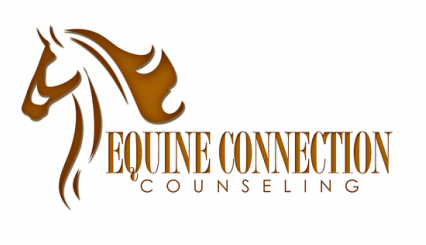
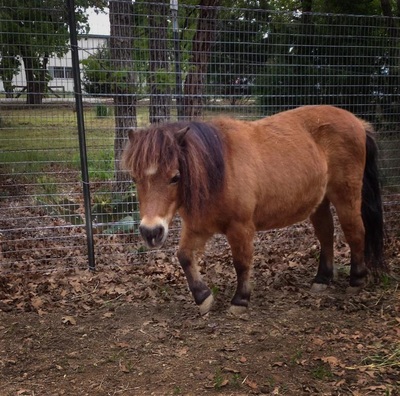
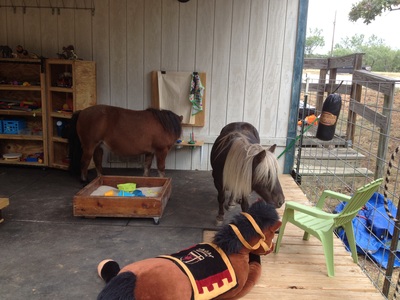
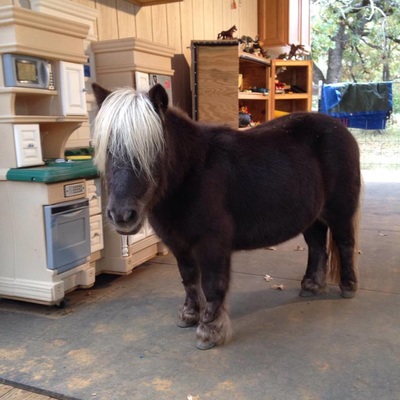
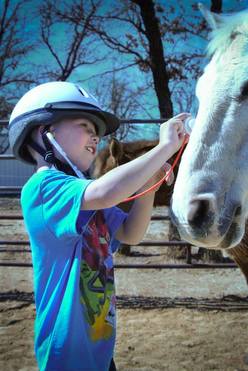
 RSS Feed
RSS Feed
